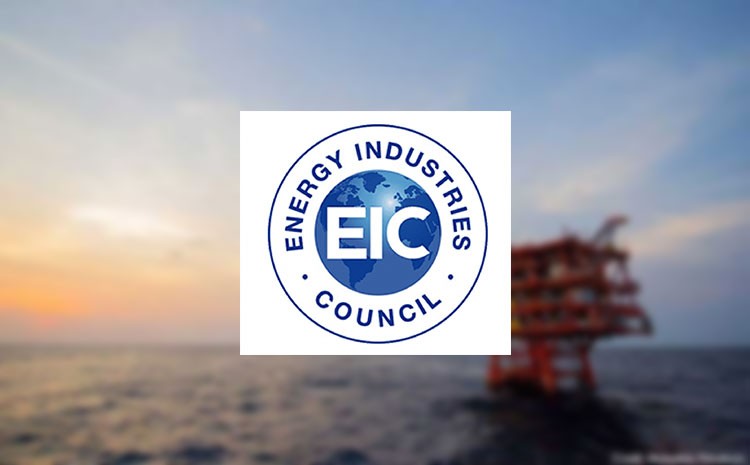The EIC welcomes and supports the Scottish Affairs Committee’s recognition of a growing risk we have long warned of: clean energy deployment is not scaling fast enough to replace the oil and gas industrial base being lost from the North Sea.
The report on the future of Scotland’s oil and gas industry rightly recognises that we are now at a critical juncture as production declines much faster than the UK’s clean energy transition ramps up. If this imbalance continues, the UK faces the permanent erosion of domestic capability that underpins both energy security and future clean-energy delivery.
This call for balance recognises an important fact on the ground: that we are losing supply chain companies — and just as important, skilled workers — from the UK as they are forced to explore overseas markets with greater stability and clearer policy signals. These losses are not theoretical — they are already happening across the North Sea supply chain.
Rebecca Groundwater, EIC’s Global Head of External Affairs, gave evidence at the committee. She drove home the point that UK supply chain companies currently have very little clean energy projects to move into. And with North Sea oil and gas operations contracting, in response to anti oil & gas domestic policies, supply chain businesses are left with two options: look internationally or close up shop.
Once these companies and capabilities are lost, they will not return easily, negatively impacting the expertise required to deliver future clean energy projects. The continued talk of a Just Transition and promises of future clean energy jobs create the illusion of progress when, in reality, none is being made.
“A choice between moving, or having no job, is not a transition,” said Rebecca Groundwater. “Until we rebalance the energy discussion, move beyond the rhetoric of good or bad sectors, and take account of the supply chain as an integrated ecosystem, we are harming our own domestic ability to achieve Net Zero.”
She added: “For some time now, the EIC has been calling for a change in the narrative and for an understanding of how the supply chain is impacted. We have also been stressing that these decisions hit the supply chain — the backbone of the energy industry — much earlier than others in the sector.
“We are glad to read the report’s calls for pragmatism. Reforming the temporary Energy Profits Levy, providing clarity on additional drilling activity under existing exploration licences, and protecting the North Sea supply chain, are all essential to preserve a workforce that will be critical to the UK’s long-term energy future. Certainty and stability now will determine whether we still have the capability and capacity to build out the clean energy infrastructure of tomorrow.”
EIC proprietary data shows (and our members tell us) that we have only a limited time to get this right and implement the changes required. Our supply chain is one supply chain — spanning oil, gas, and clean energy technologies alike — and must be treated as one integrated system if the UK is to deliver a secure, balanced transition.
The EIC will continue to work with all governments and stakeholders to ensure that the amazing supply chain and its world-class capability we are fortunate to have in the UK, is taken into account, and that the lessons from the North Sea are used to retain domestic capability before it is irreversibly lost.
“When you share your news through OGV, you’re not just getting coverage – you’re getting endorsed by the energy sector’s most trusted voice.”















